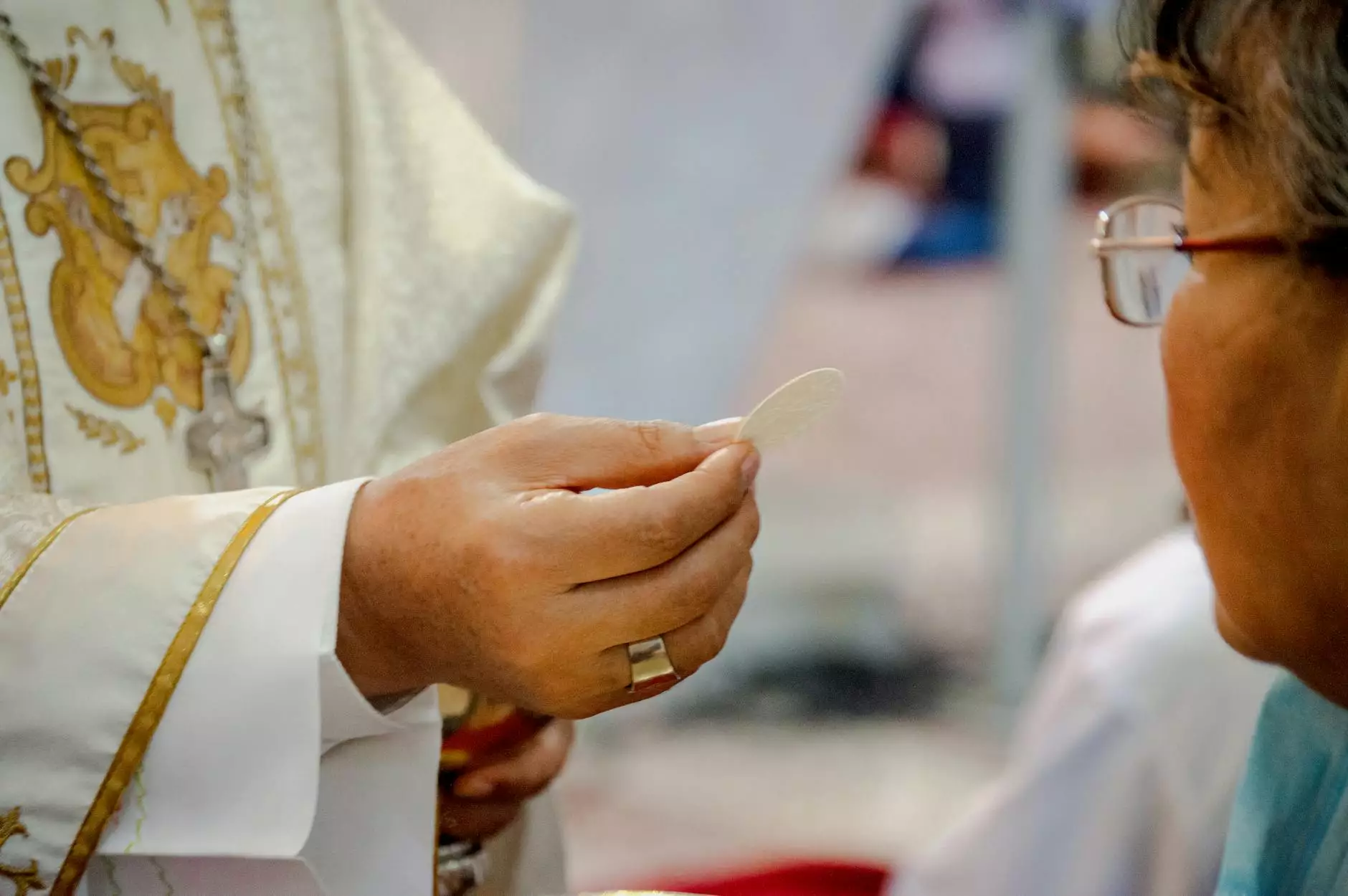The Essence of Black Church Service: Community, Faith, and Empowerment

Black church service has long been a cornerstone of African American culture and spirituality, transcending mere worship to become a vital hub for community engagement, social justice, and cultural expression. Within the walls of these sanctuaries, a rich tapestry of tradition, storytelling, and shared experience weaves together the lives of church members. In this article, we will delve into the multifaceted role that black church services play in not only nurturing individual faith but also in fostering a sense of community and empowerment.
The Historical Significance of Black Church Services
The origins of the black church service can be traced back to the early days of slavery in America. Enslaved Africans often found solace in their shared faith, which eventually gave rise to distinct forms of worship that combined African spiritual traditions with Christianity. This blending of traditions was not just an act of resistance but also a source of hope and resilience.
The black church became a sanctuary during oppressive times, offering a space where individuals could come together to worship, heal, and mobilize for social change. Notably, the black church played a significant role in the Civil Rights Movement, serving as meeting places for leaders such as Martin Luther King Jr. and providing the network necessary for organizing protests and rallies. This historical context is essential to understanding the profound cultural significance of today's black church services.
Black Church Services: A Vibrant Expression of Faith
Today, a typical black church service is characterized by its vibrant energy, passionate preaching, and participatory worship. These services often feature:
- Music: Gospel music is an integral part of the service, with choirs and soloists leading congregational singing that uplifts spirits and encourages participation.
- Preaching: Homilies are often dynamic, drawing on personal experiences, scripture, and social issues, helping congregants to relate their faith to daily life.
- Prayer: Prayer is a communal act during these services, reinforcing the bonds of fellowship and offering a collective voice to God.
This dynamic form of worship not only fosters a deep connection with God but also strengthens the community ties among church members. The emotional and spiritual upliftment that occurs in these settings is invaluable, providing a sense of belonging that resonates well beyond the church walls.
Community and Social Justice Efforts
One of the most significant aspects of the black church service is its commitment to community service and social justice. Many black churches see themselves as a call to action in their communities, taking an active role in addressing social issues and advocating for the marginalized. Key initiatives include:
- Food Banks: Providing free meals and groceries to those in need, helping to combat food insecurity.
- Tutoring Programs: Offering educational support to youth, focusing on academic achievement and personal development.
- Health Screenings: Organizing health fairs and screenings to promote wellness and awareness of prevalent health issues within the community.
- Advocacy: Mobilizing congregants to advocate for policies that benefit the underprivileged and ensuring their voices are heard in local and national dialogues.
This commitment to service is a reflection of the teachings of Jesus, who emphasized compassion and stewardship. The black church serves as a beacon of hope and a catalyst for change, demonstrating faith in action.
Cultural Preservation and Identity
The black church service is not just a religious experience; it is also a celebration of culture and identity. Through music, art, and preaching, churches preserve and celebrate African American traditions. This cultural connection provides a sense of pride and belonging, especially in times of social unrest.
Worshippers share a communal identity that transcends the individual, promoting a collective strength that is vital for community resilience. Many churches incorporate elements such as:
- Spoken Word: Encouraging poets to share their work during services, reflecting the community's struggles and triumphs.
- Dance: Incorporating liturgical dance as a form of worship, expressing joy, pain, and hope.
- Storytelling: Sharing personal testimonies and histories that highlight the community's journey, struggles, and successes.
This rich cultural expression within black church services is crucial for nurturing a deeper connection among congregants, fostering understanding, and celebrating their shared heritage.
Building Intergenerational Connections
Black church services also play a pivotal role in building intergenerational connections. They serve as spaces where wisdom from elders can be shared with the youth, creating a communal bond that nurtures both respect and continuity.
Programs such as mentoring and youth engagement activities are frequently organized to ensure younger members feel valued and encourage them to lead future generations:
- Mentorship Programs: Pairing youth with adults in the church who can share valuable life experiences and guidance.
- Leadership Training: Offering young people opportunities to develop their skills in leadership roles within the church.
- Family Services: Encouraging families to attend services together, promoting family unity and shared spiritual growth.
By investing in the youth, black churches are not only preserving their heritage but also ensuring the values of faith, service, and community continue to thrive.
The Future of Black Church Services
As society continues to evolve, so too does the black church service. Many churches are embracing technology and modern methods of outreach to connect with younger generations. Live streaming services, social media engagement, and online communities are becoming standard, allowing the church to reach a wider audience.
Moreover, the ongoing conversations about equity, justice, and inclusion within both the church and wider society are prompting many congregations to reevaluate their missions and outreach efforts. The black church is uniquely positioned to lead discussions on social issues, bridging gaps and fostering unity in diversity.
Conclusion
The black church service is far more than a weekly gathering; it is a lifeline for many in the community. The deep connection to history, culture, and social justice offers a powerful platform for change. As these services continue to adapt to the changing times, they will undoubtedly remain a vital part of the fabric of African American life and theology.
In conclusion, the role of black church services extends beyond spiritual nourishment. It encompasses community building, advocacy, cultural preservation, and intergenerational connections. By attending or participating in these vibrant services, individuals can find not only a place of worship but also a home, a voice, and a community dedicated to faith and service.









